Quitting smoking, drinking alcohol, and limiting sweets… helps reduce the risk of acute pancreatitis and dangerous health complications.
The pancreas is an organ located behind the stomach and small intestine, which aids in digestion and helps regulate hormones and metabolism. Doctor, Dr. Vu Truong Khanh (Head of the Department of Gastroenterology, Tam Anh General Hospital, Hanoi) said that pancreatitis occurs when the pancreas releases digestive enzymes too early, causing them to attack the pancreas instead of breaking down food. This causes severe abdominal pain and life-threatening complications such as multiple organ failure, bleeding or blood clots in the blood vessels, destruction of the pancreas, abdominal infection... Dr. Khanh suggests ways to help reduce the risk of acute pancreatitis.
Gallstone treatment
People with gallstones, especially those in the common bile duct, are at increased risk of acute pancreatitis. Gallstones from the bile duct fall into the pancreaticobiliary junction, causing bile duct obstruction. Bile refluxes into the pancreatic duct, changing the pH of pancreatic juice to become alkaline, similar to the pH in the duodenum. Pancreatic enzymes are activated in the pancreatic duct, causing pancreatic cells to be destroyed, leading to an inflammatory reaction.
Dr. Khanh shared that people with gallstones and a history of pancreatitis can receive preventive treatment to minimize the risk of pancreatitis recurrence. Methods such as endoscopic retrograde cholangiopancreatography (ERCP) to remove gallstones when they block the bile duct or the junction of the bile duct and pancreatic duct, and cholecystectomy if gallstones cause pancreatitis.
Stop drinking alcohol
Drinking too much alcohol is the cause of many cases of chronic and acute pancreatitis. Acute pancreatitis caused by drinking alcohol can progress rapidly and become complicated, easily leading to serious complications such as shock, respiratory failure, bleeding, infection in the pancreas...
Dr. Khanh noted that to reduce the risk of alcoholic pancreatitis, patients should limit or stop drinking alcohol. Patients should drink plenty of water, follow a scientific lifestyle, have a balanced diet and can improve the digestive system by supplementing enzymes as prescribed by the doctor. People diagnosed with acute alcoholic pancreatitis should follow the doctor's treatment regimen. Failure to comply with treatment and change lifestyle can cause the disease to progress to chronic pancreatitis, causing many health-affecting sequelae.
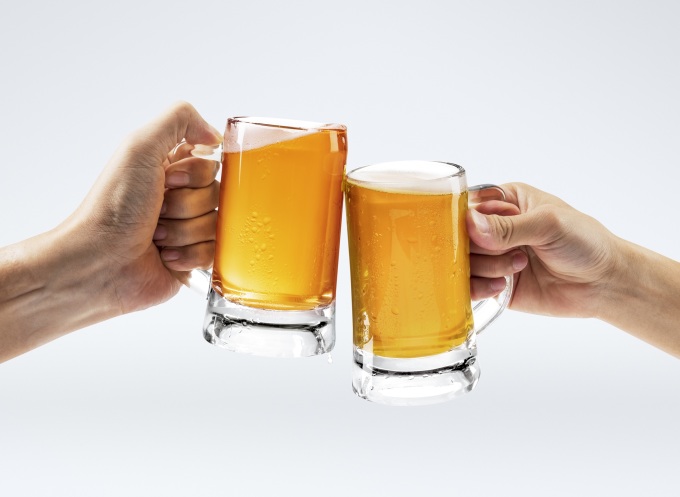
Drinking beer increases the risk of pancreatitis. Photo: Freepik
Stop smoking
Smoking can cause a significant decline in pancreatic health. As the body breaks down tobacco, toxic byproducts such as nicotine and nitrosamine ketones can damage pancreatic cells, leading to inflammation. Smokers are at much higher risk of developing pancreatitis than nonsmokers. Long-term smoking can make chronic pancreatitis progress more quickly and increase the risk of pancreatic cancer.
Balanced nutrition
When the body has high levels of triglycerides, they are broken down into free fatty acids, increasing the risk of acute pancreatitis. Avoid foods high in fat, especially fried foods, which can burden the digestive system. Instead, focus on a low-fat, high-protein diet rich in vitamins and nutrients.
In severe cases, acute pancreatitis causes bleeding, severe tissue damage, infection and damage to vital organs such as the heart, lungs and kidneys. Therefore, in addition to preventing risk factors, patients need to be hospitalized for early detection and treatment when suspected of having pancreatitis with typical symptoms such as fever, high heart rate, nausea, abdominal swelling and severe pain...
Emerald
Source link


![[Photo] Opening of the 11th Conference of the 13th Party Central Committee](https://vstatic.vietnam.vn/vietnam/resource/IMAGE/2025/4/10/f9e717b67de343d7b687cb419c0829a2)
![[Photo] April Festival in Can Tho City](https://vstatic.vietnam.vn/vietnam/resource/IMAGE/2025/4/10/bf5ae82870e648fabfbcc93a25b481ea)
![[Photo] Prime Minister Pham Minh Chinh commends forces supporting Myanmar in overcoming earthquake consequences](https://vstatic.vietnam.vn/vietnam/resource/IMAGE/2025/4/10/e844656d18bd433f913182fbc2f35ec2)



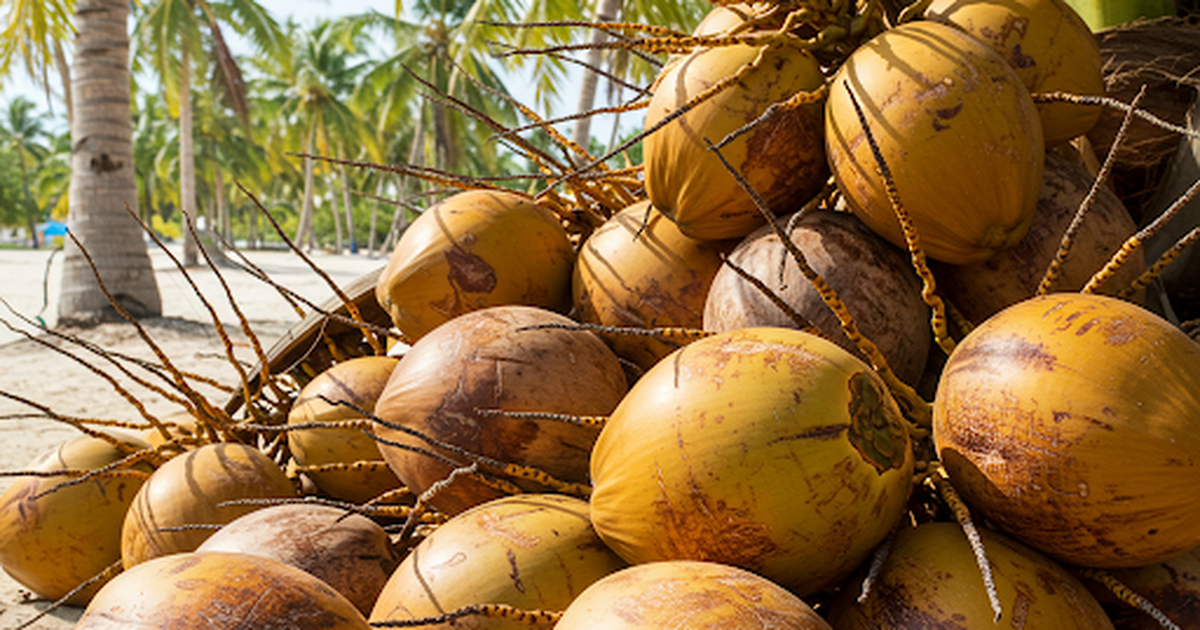







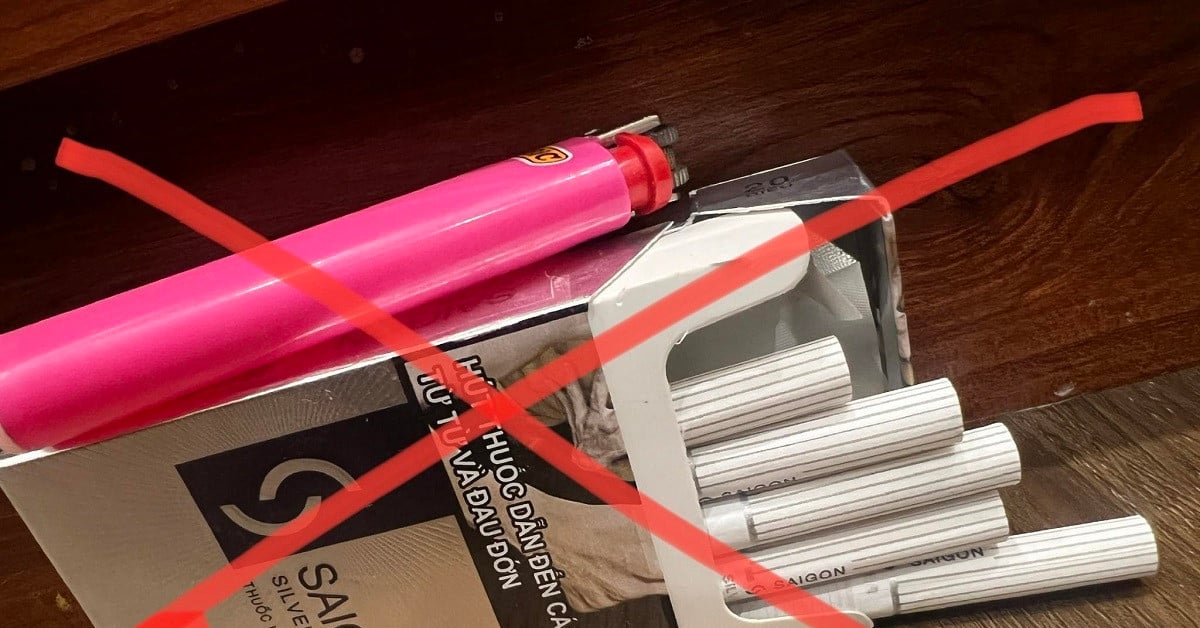


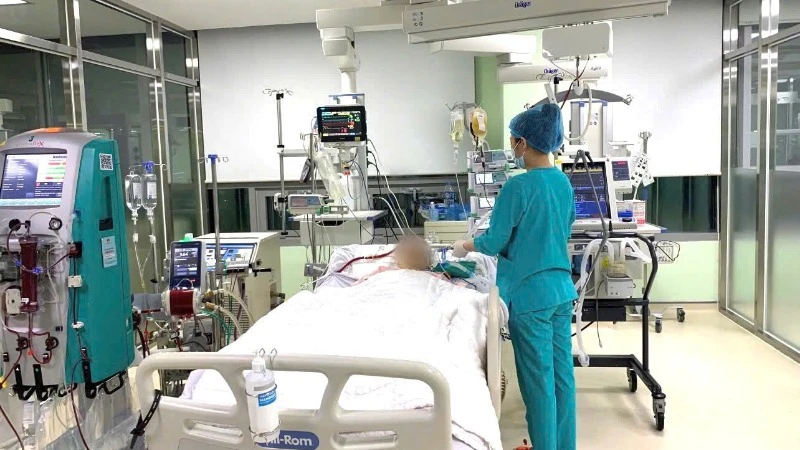



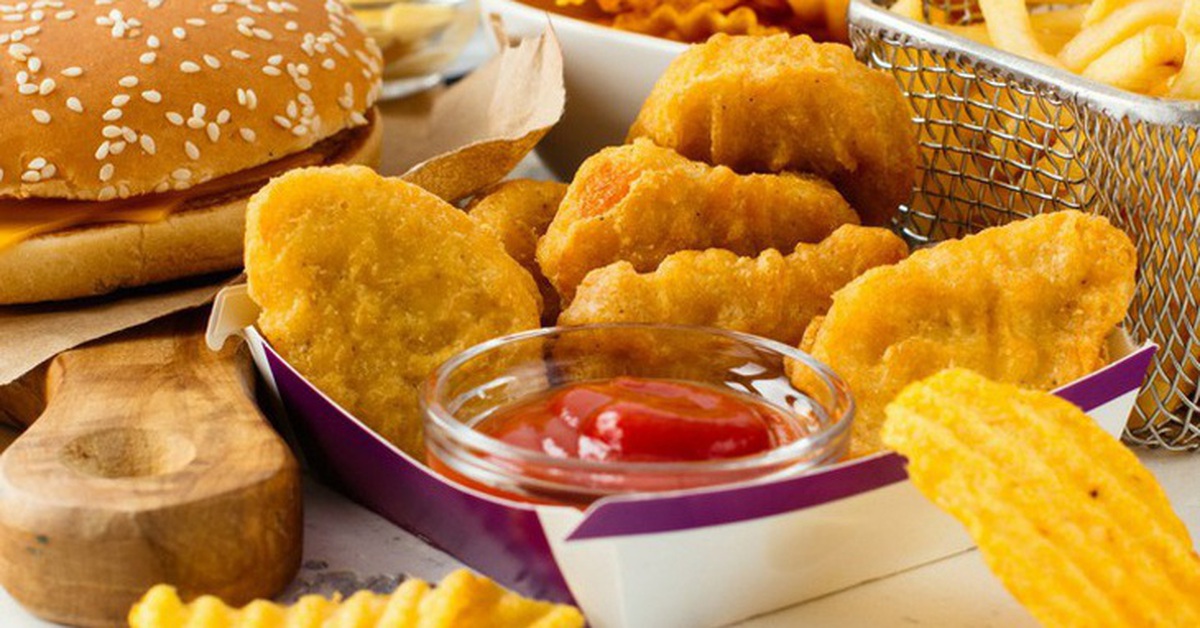









![[Photo] Reliving the heroic memories of the nation in the program "Hanoi - Will and belief in victory"](https://vstatic.vietnam.vn/vietnam/resource/IMAGE/2025/4/10/19ce7bfadf0a4a9d8e892f36f288e221)



























































Comment (0)